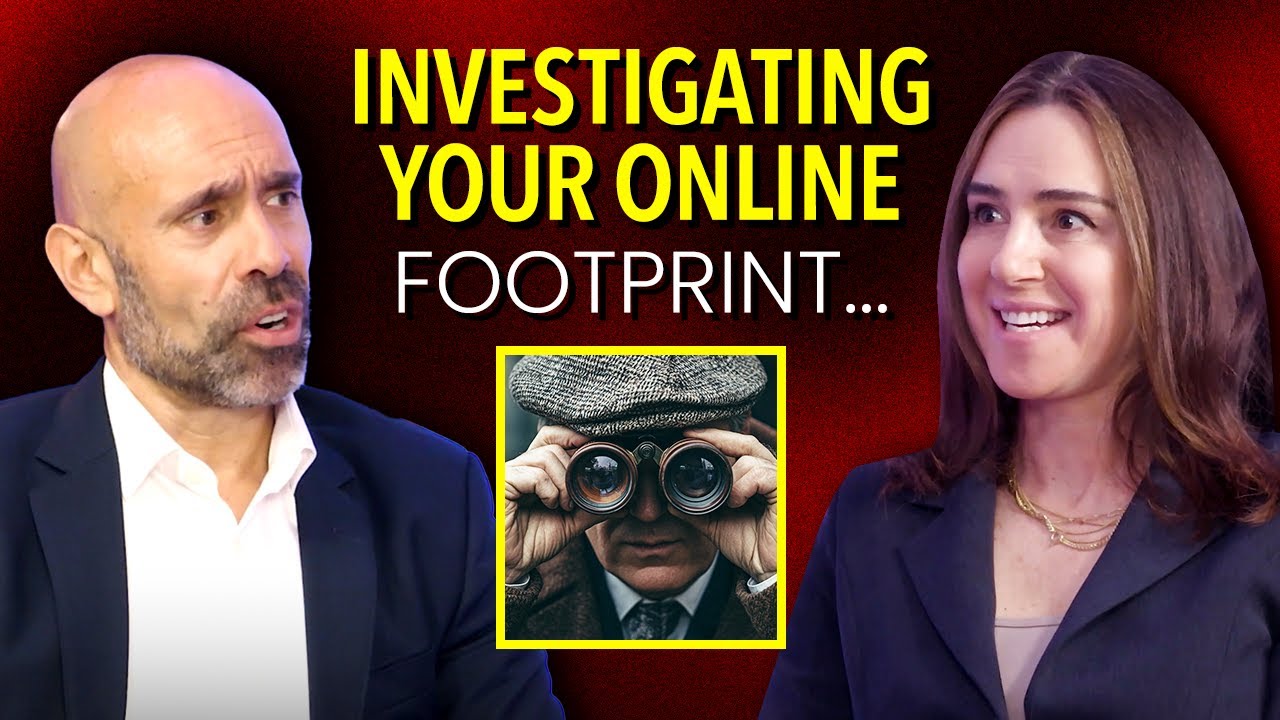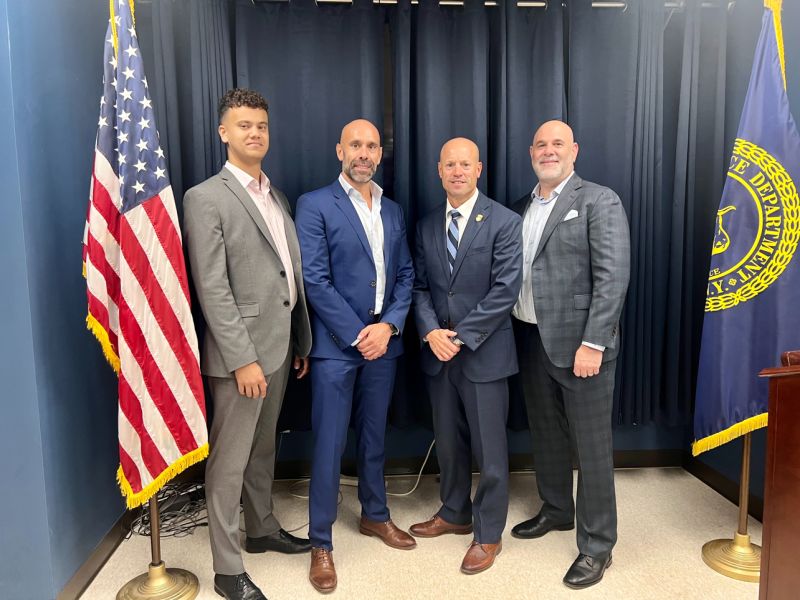Mike LaCorte | The New Skills & Sinister Risks of Modern International Investigation

Aleksandra sits down with Mike LaCorte, a highly-respected professional who prefers the term "professional international investigator" over the outdated label "private investigator". Mike, President of the Association of British Investigators and CEO of Conflict International, emphasizes that the role has fundamentally changed from the old image of someone "eating donuts in the back of a car, watching someone secretly".
In a world where both corporations and high-net-worth individuals are at constant risk, Mike provides critical insights into the modern investigator’s toolkit and the sinister technological risks everyone should be aware of.
The Essential Skills of a 21st-Century Investigator
The foundational skills required for a professional investigator have dramatically evolved. While the industry once relied heavily on ex-military, ex-police, and ex-intelligence personnel, the field is now attracting a new generation with diverse professional backgrounds.
Key Skill Shifts:
-
Beyond the Badge: Investigators now often possess skills akin to journalists (communication, reading people, asking lines of questioning), bankers, and legal professionals (understanding the legal system).
-
Global Footprint: As investigations frequently involve international connections, languages and an understanding of foreign cultures and processes are crucial for a well-rounded investigator.
-
Tech-Forward, Field-Grounded: Modern work involves navigating databases and intelligence gathering, but Mike stresses that digital tools are only part of the picture. Investigator training must balance sophisticated desktop analysis with traditional field work—doing covert observation, interviews, and speaking to neighbours to get "real data".
The Dark Side of Digital: Your Devices Are Listening
One of the most eye-opening segments of the podcast explored the true extent of digital surveillance and privacy erosion. Mike confirms that our phones and smart home devices (like Google Nest and Alexa) are, in a sense, "spying".
"In the short answer is. Yes."
He clarifies that this is often consensual, hidden deep within the privacy policies and analytics sharing agreements of apps. For example, GPS-reliant apps like Uber or Deliveroo need location data to function.
However, the technology itself can be used for sinister purposes. This risk is so high that the firm performs technical sweeps (known as Technical Surveillance Counter Measures or TSCM) for clients, especially for top-end rental properties or celebrity hotel rooms. This involves searching for listening devices, hidden cameras, and foreign frequencies (bugs), which have become frighteningly accessible to the public.
Key Takeaways
-
Protect Your Reputation: Everyone has two reputations—physical and online—and both must be protected, especially if you are active online.
-
Screen Yourself: Mike recommends that individuals screen themselves using a social media check tool before applying for a new job. This consensual screening flags defamatory, politically incorrect, or otherwise inappropriate posts, likes, or comments that an employer would surely find.
-
Fieldwork Over Digital Scraping: While data scraping is easy, experienced investigators know that only real-world, human interaction and observation can provide the full truth and context for a case.
The full podcast is available now on the Aleksandra King Youtube Channel or read more about Conflict International and how they operate.




